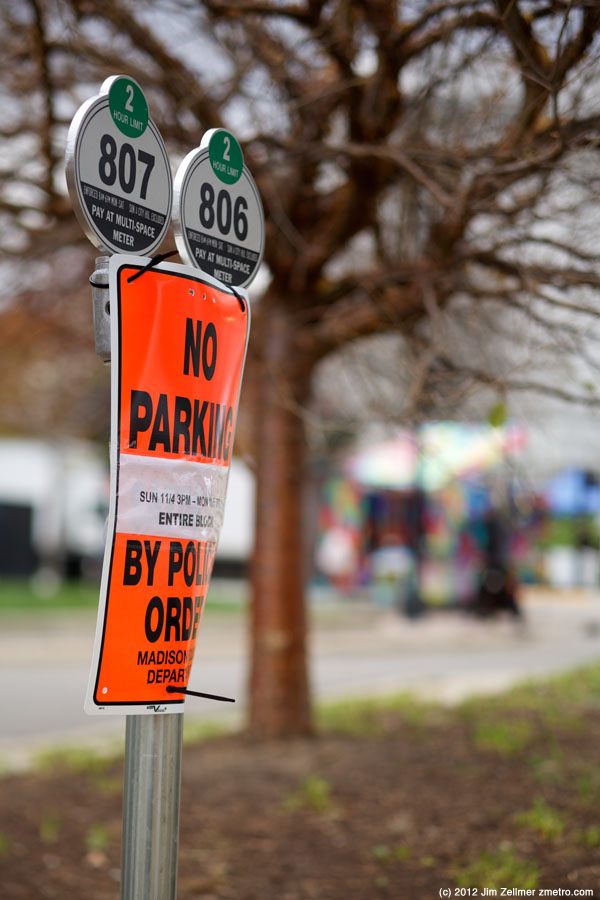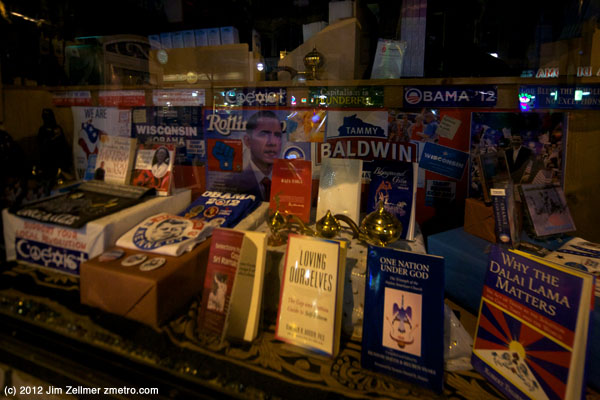

Monthly Archives: November 2012
Saturday Farmer’s Market Photos





Dinner at Madison’s Himal Chuli


Who is the worst civil liberties president in US history?
The following interesting question arose yesterday from what at first appeared to be some petty Twitter bickering: who was the worst president for civil liberties in US history? That question is a difficult one to answer because it is so reliant upon which of many valid standards of measurement one chooses; it depends at least as much on the specific rights which one understands the phrase “civil liberties” to encompass. That makes the question irresolvable in any definitive way, but its examination is nonetheless valuable for the light it sheds on current political disputes.
It’s worthwhile first to set forth the context in which the question arose. At their Lawfare blog, Ritika Singh and Benjamin Wittes posted an excerpt of an essay they wrote for a new book on the War of 1812; their essay pertains to the impact of that war on civil liberties and executive power. The two Brookings writers note that despite intense domestic opposition to the war, President Madison “eschewed the authority to detain American citizens in military custody or try them in military tribunals, and more generally, declined to undertake the sorts of executive overreaches we have come to expect – and even encourage – from our presidents in war.”
After Julian Sanchez, I and others tweeted that essay by remarking that Madison refrained from exploiting the war to abridge civil liberties, Slate’s Matt Yglesias’ wrote:
That struck me as a cheap and vapid reply. Nobody was suggesting that Madison was the personification of civil liberties nirvana. Rather, the point was a very narrow and discrete one: he largely refrained from exploiting the War of 1812 as a pretext for abridging extant political rights. Whether he owned slaves – or was otherwise the worst monster in history – does not remotely pertain to, let alone negate, that specific and important historical fact about Madison’s presidency.